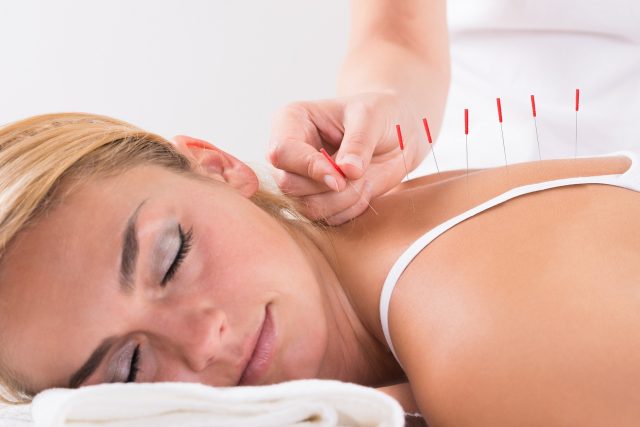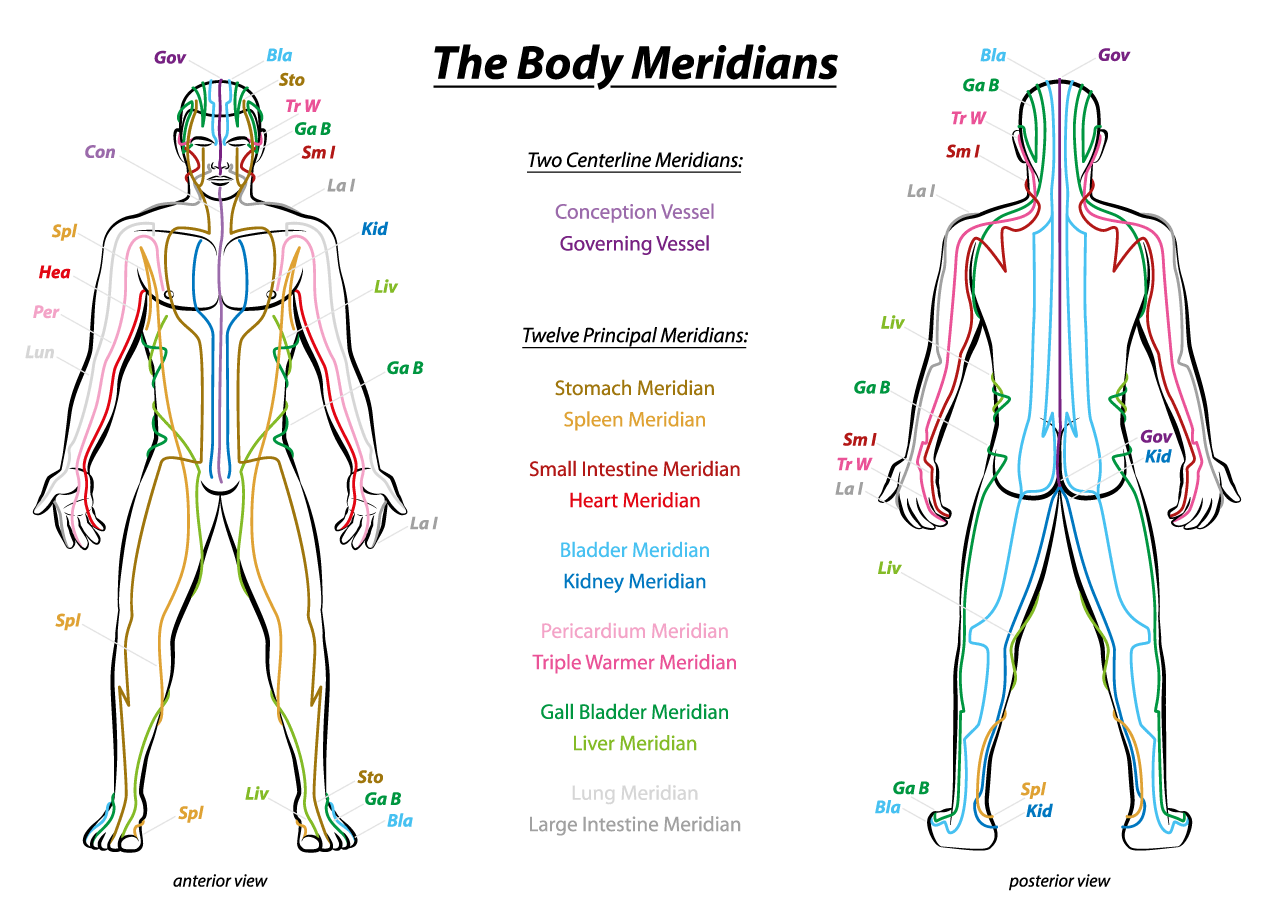Healing with Needles
Acupuncture, a part of the Chinese healthcare system, is said to be at least 2,500 years old.
Acupuncture aims to help the body heal itself by the insertion of needles to generate heat or electrical stimulation at specific points. This system of healthcare believes that Qi, the energy flowing through our body in energy channels called meridians, nourishes our tissues. Any obstruction or disruption causes diseases. The needles are inserted at specific points close to the skin to set these imbalances right. The needle unblocks the meridians and lets the regular flow resume.
Research suggests that acupuncture stimulates the nervous system, releasing chemicals in the muscles, spinal cord, and brain, which in turn will influence the body’s internal regulating system and alleviate the pain, promoting physical and emotional well-being.
Acupuncture, though often associated with pain control, can be used effectively as the only treatment, or support other medical treatment in certain disorders. According to the World Health Organization, acupuncture can be used to treat disorders related to digestion, absorption and energy production.
- Digestive disorders such as gastritis and hyperacidity, spastic colon, constipation, diarrhea.
- Respiratory disorders such as sinusitis, sore throat, bronchitis, asthma, recurrent chest infections.
- Neurological and muscular disorders such as headaches, facial tics, neck pain, rib neuritis, frozen shoulder, tennis elbow, various forms of tendinitis, low back pain, sciatica, osteoarthritis.
- Others such as urinary, menstrual and reproductive problems.
Acupuncture is also effective in relieving tension, stress and emotional conditions.
The treatment differs from person to person, depending on their condition. For severe conditions, the treatment may stretch from a week to several months. For acute problems, only fewer visits are required.
Though it has no side effects, symptoms may sometimes aggravate. There could also be changes in appetite, sleep, bowel or urination patterns, and even one’s emotional state. They are not a cause for concern, but indicate that the treatment is working. A feeling of deep relaxation or even mild disorientation is also possible because of the treatment in the initial stages. All that’s required is a bit of rest.
Do the needles hurt?
One of the greatest apprehensions people have about acupuncture is whether the needles hurt. Some may experience mild pain at the time of insertion, and some none at all. After insertion, there is no pain.
Since acupuncture needles are smooth, thin and solid, made from stainless steel, they are not as painful as injections or blood sampling. The risk of bruising and skin irritation is also minimal.
Dos and Don’ts
Since acupuncture involves energy flows, for optimum benefits when undergoing treatment, it is good to observe certain rules:
- Eat moderately before or after your treatment.
- Do not over-exercise, copulate, or consume alcoholic beverages six hours before or after the treatment.
- Especially in the initial stages of the treatment, reduce your quantum of work and get adequate rest.
- You can continue to take prescription medicines as directed by your regular doctor.
- Ensure that the needles are sterilized or are disposable to minimize the risk of infection.
Document your response to the treatment as this will help the doctor in designing your treatment for future visits. Acupuncture outcomes can also be influenced by the relationship and comfort factor between the doctor and the patient.














































